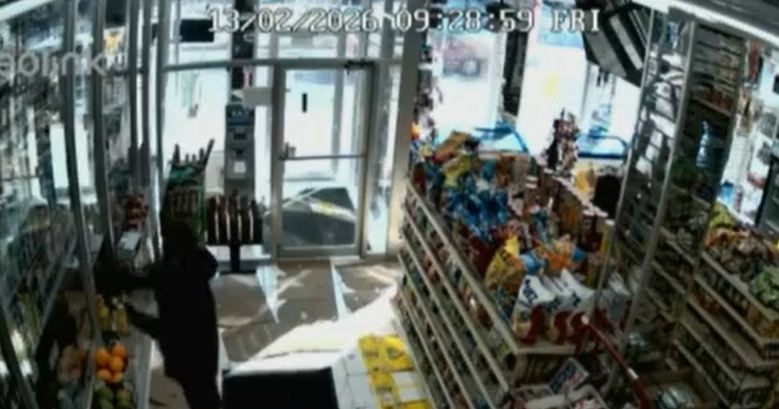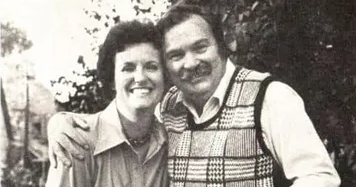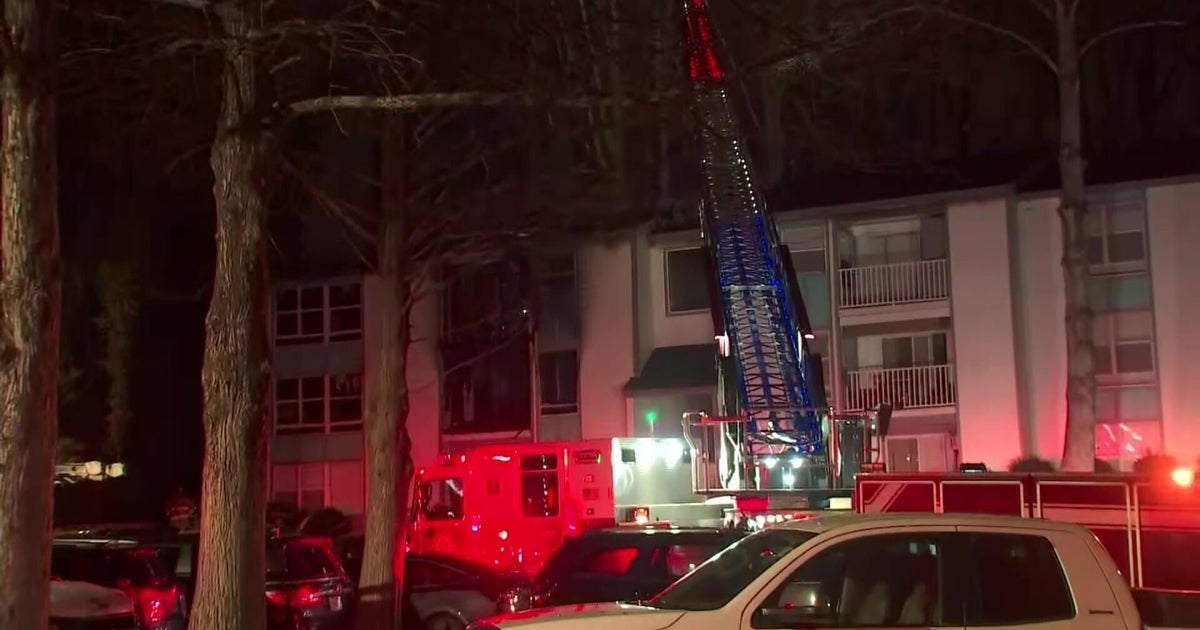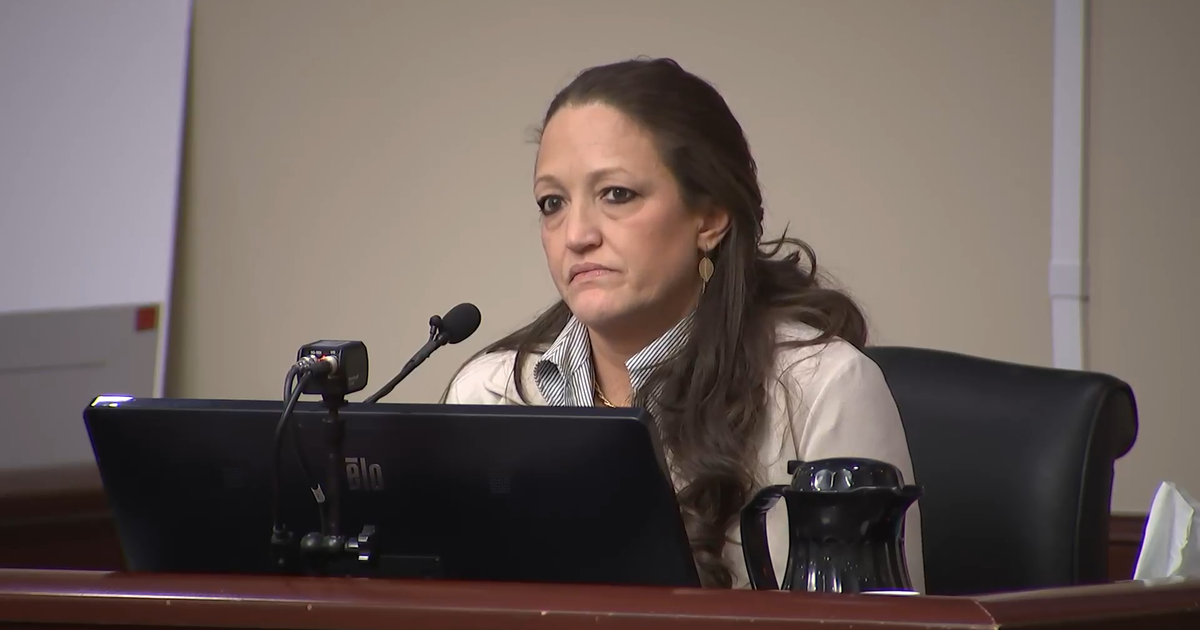David Berkowitz Recalls Killings To Maurice DuBois In 'Son of Sam: The Killer Speaks'
NEW YORK (CBS) - David Berkowitz terrorized New York City by killing six people and wounding seven others in seemingly random shootings from 1976 to 1977.
Now, four decades after he was arrested, Berkowitz speaks out about what led him to kill, his life before he turned into a murderer, and life in prison today in "Son of Sam: The Killer Speaks," a CBS News special broadcast on Friday, Aug. 11, at 10 p.m. on CBS2.
CBS2's Maurice DuBois spoke to Berkowitz in the murderer's first major TV interview in a decade and his only interview about the 40th anniversary of his arrest.
"I see that people will never understand where I come from, no matter how much I try to explain it," he said. "They wouldn't understand what it was like to walk in darkness."
Berkowitz said he believed it was Satan who made him murder his victims.
"I thought I was doing something to appease the devil," he said.
Using firsthand accounts from shooting victims, police and reporters, "Son of Sam: The Killer Speaks" relives the fear that paralyzed many New Yorkers as word spread that someone was committing random shootings - all done with a high-power .44 caliber weapon.
The killer hit strangers, often couples in parked cars, and the women usually had long, dark brown hair. The shooter was dubbed the ".44 Caliber Killer" by New York newspapers.
For a while, as the victim count rose, the only substantial clues police had were two letters: one sent to Detective Joe Borelli, the head of the task force looking for the killer and the other to newspaper columnist Jimmy Breslin, then at the New York Daily News.
"I should have been dead," says Robert Violante, who was shot on July 31, 1977 while sitting in a parked car with Stacy Moskowitz, who later died from her injuries.
"Effectively, it was him winning over us each time he got away with it," says former NYPD Detective Bill Clark.
Before he was captured, Berkowitz lived alone in Yonkers, where he admitted to feeling "isolated." "I didn't see it at the time," Berkowitz says. "I was just very lost and confused. There was a battle going on inside me."
The shootings, he tells DuBois, were "a break from reality, thought I was doing something to appease the devil. I'm sorry for it."
Berkowitz also wants to distance himself from the "Son of Sam" moniker he was tagged with during the killing spree. "As far as I'm concerned, that was not me," Berkowitz says. "That was not me. Even the name, I hate that name, I despise the name."
Which name, Dubois asks. "That moniker, Son of Sam," Berkowitz says. "That was not -- that was a demon."
DuBois sat down with Berkowitz at the Shawangunk Correctional Facility in Wallkill, New York, where he opened up about what led to him to pull the trigger. Berkowitz is serving 25 years-to-life for each of the six murders.
In an extensive interview, Berkowitz talks with DuBois about the impact finding out he was adopted had on him, about his outreach inside and outside of prison walls, and how the world has changed around him. For instance, in the time since he was incarcerated, cellphones and the Internet have proliferated. "That's all space-age stuff to me," Berkowitz says. "I'm from the dark ages. You know, when I left, tokens on the subway, you know, yeah?"
And, because he's been there so long, Berkowitz says many of his fellow inmates don't know who he is. "Some guys, they're not even familiar with the case," Berkowitz tells DuBois. "I'm just another face in the crowd."
Berkowitz, a born-again Christian, reveals how he feels about the pain he caused the families of those he killed and his victims and whether or not he takes responsibility for what happened.
"I have a lot of guilt of what happened, a lot of remorse. Those things are always on my mind. Even as I try to remain upbeat, and cheerful, and positive, I never forget where I came from, and what my situation was like some four decades ago," he said. "People that were hurt, people that are still in pain, suffering the loss because of my criminal actions. I never forget that.
"That sometimes weighs very heavy on me. It's a pain there that really doesn't go away. By the grace of God, I'm learning to overcome that. I can't change the past. I wish that I could. I continue to go forward."
DuBois asks Berkowitz, now 64, what he would tell his 23-year-old self if he had the chance to go back and do so. "Ugh, turn around before it's too late because destruction is coming," Berkowitz says.







